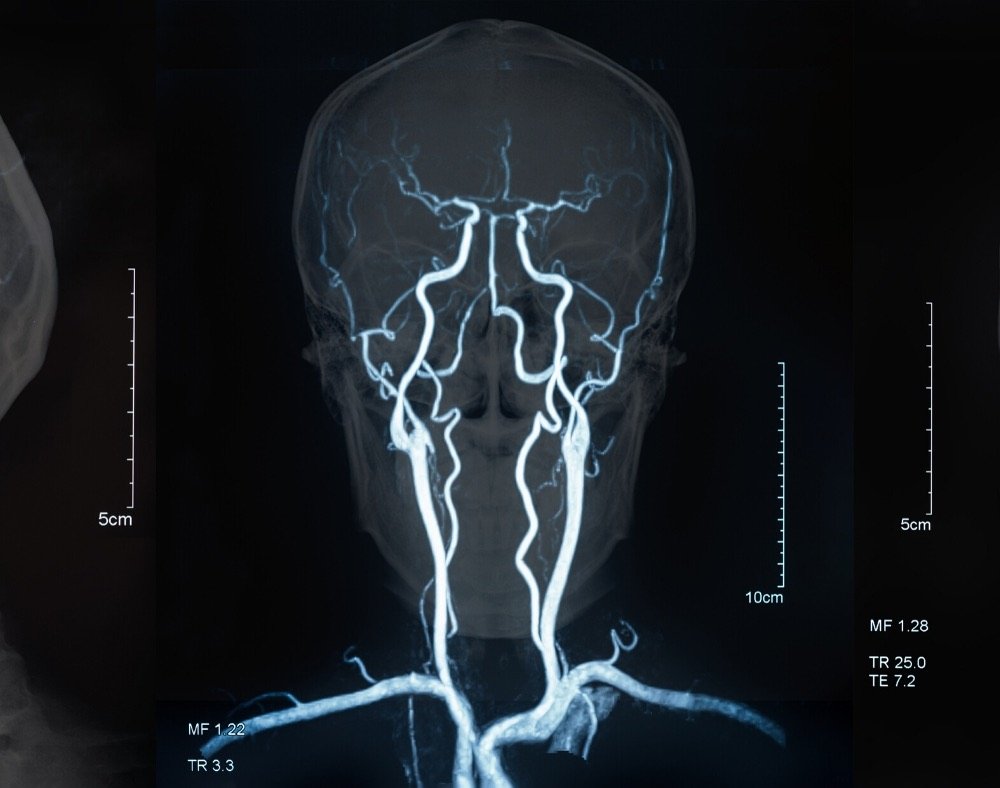One of the questions that many people have about vascular dementia has got to be is vascular dementia hereditary?
Before going ahead to answer this, it is important to note that vascular dementia is the 2nd most common dementia type.
It develops when there is an inadequate flow of blood to the brain which damages and kills brain cells.
This is normally due to a stroke that suddenly cuts the blood supply to the brain, many “mini-strokes,” and narrowing of small blood vessels in the brain.
Other risk factors of the illness include obesity, diabetes, smoking, high blood pressure, high levels of cholesterol, increasing age, and abnormal heart rhythm.
From here, get to learn the role of genes in the human body, as well as essential factors that touch on genetics and vascular dementia below.
Contents
Role of Genes

It is also crucial to highlight the roles that genes play when seeking to answer the query is vascular dementia hereditary?
Genes are found in chromosomes, which is the genetic material that children inherit from their parents.
Females have 22 pairs of chromosomes as well as two X chromosomes. Males also have 22 pairs of chromosomes and an additional Y and X chromosome.
Each chromosome has thousands of genes. Genes are the basic heredity units that pass on characteristics like height, hair color, or the tendency to develop certain diseases.
Humans have two copies of every gene one that they inherit from the father and the other from the mother.
Genes can go through mutations that can either be beneficial or harmful. Mutations happen when a gene permanently changes from its normal form.
When it comes to diseases, a gene can either be causative or a risk-factor gene. When the gene is causative, it means that a person will inherit a gene for a specific disease and without a doubt, they will develop the illness.
The risk-factor genes do not lead to a person developing an illness.
Nonetheless, the risk associated with a specific gene typically determines whether an individual is less or more likely to inherit an illness.
Genetics of Vascular Dementia

Because vascular dementia is common, it can lead to the assumption that it is passed down from one generation to another. This is not the case because not many people inherit the disease from their parents or grandparents.
Although vascular dementia is not commonly passed down through families, there are certain instances when genetics can increase the risk of developing the disease.
This has a lot to do with the underlying health issues that contribute to the development of vascular dementia. For instance, your chances of getting strokes are higher if a close family member has them.
Strokes are one of the major causes of vascular dementia.
Health issues can contribute to the development of vascular dementia
Conditions such as diabetes or high blood pressure may be passed from one generation to the next. These can also contribute to the development of the illness.
This is because the type of genes that increase vascular dementia risk is, in most cases, the ones that increase the risk of diabetes, stroke, heart disease, and high blood pressure.
This goes to show that leading a healthy lifestyle like staying physically active and eating well is vital for keeping vascular dementia at bay.
This said, there is still not much information about the genetic basis of vascular dementia even though it is one of the most common dementia forms.
Scientists have acknowledged that the modification of various lifestyle and physiological risk factors, as well as comorbidities, can increase the risk of vascular dementia.
Comorbidities are the extra conditions that co-occur with a primary condition. To date, the genetic component of the illness is still not well understood.
To answer the question is vascular dementia hereditary, experts state that gene mutations are only responsible for rare forms of vascular dementia.
Gene mutations occur in rare forms of vascular dementia
According to a report by “Genetics of Vascular Dementia” Working Group, there has been one study in 24 twins that has tried to look into vascular dementia heritability intimately.
This, however, failed to identify a noteworthy genetic component. This led to the general interpretation that the environment plays a bigger role in the development of vascular dementia when compared to genetics.

Conversely, there is some evidence that the illness may have a significant genetic component.
This has led to the conclusion that vascular dementia’s genetic background remains well established for monogenic disorders.
Monogenic illnesses are Mendelian disorders, where modifications in one gene are implicated in the disease process. These usually showcase inheritance patterns like dominant, additive, or recessive genetic models.
Evidence has been brought forth that the dysfunction of single genes causes vascular dementia. This can also help to answer the query be is vascular dementia hereditary.
Vascular dementia is hereditary but at the same time, it is not
One of the disorders is cerebral autosomal dominant arteriopathy with leukoencephalopathy and subcortical infarcts. It is one of the most common heritable cause of vascular dementia.
It comes about from the mutations of a gene known as NOTCH3. Some of the manifestations of the mutation include seizures, migraine headaches, mood disorders, and cognitive impairment.
Another example of a monogenic ailment is Fabry disease. This is as a result of the mutation of gene GLA. Symptoms that persons who have this disease showcase include renal disease, cardiomyopathy, and stroke.
Experts believe that the single gene ailments above only account for a small percentage of vascular dementia cases. There is a possibility that their occurrence is taken lightly. There is a need for systematic studies on these disorders. After all, they can play a vital role in understanding vascular dementia.
Closing Thoughts
The answer to the query is vascular dementia hereditary is both yes and no. As seen above even though in most cases, vascular dementia is not linked to genetics, some genetic factors can increase the risk of developing the illness.







